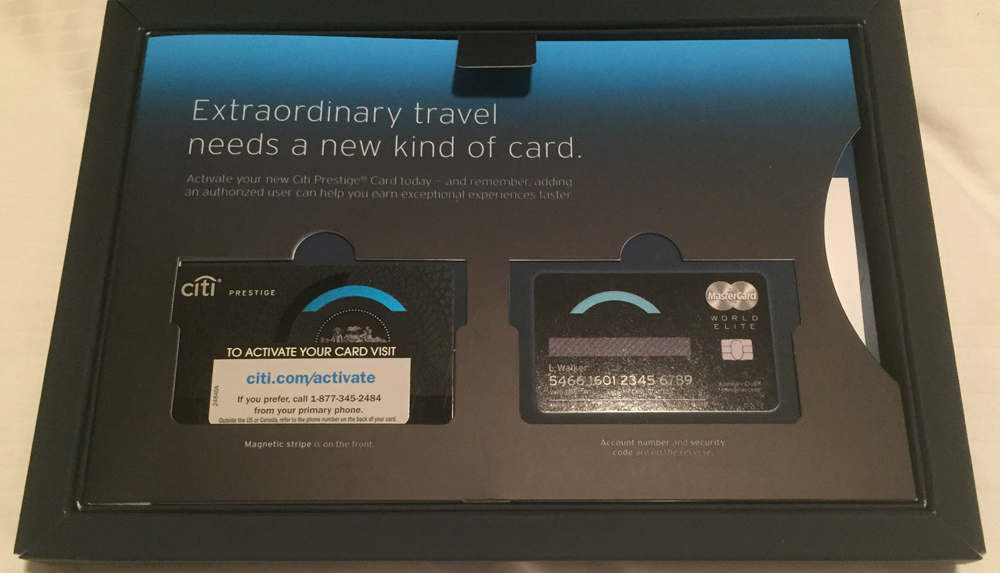When I was 19 years-old I did something really stupid, I canceled the first credit card I ever applied for. It was a no fee student card from Capital One that I wasn’t using so I thought I would cancel it to reduce my liability in case it was stolen. Looking back, I wish I could go back in time and punch that version of myself in the eye for being an idiot. If you’re reading this post, you may be asking yourself this question, “will canceling a credit card lower my credit score?” The answer: not if you do it correctly.
When I worked for a credit card issuing company in the past, it was my job to understand how credit decisions are made and validate the models behind the scenes. The vast majority of all creditors use the Fair Isaac Corporation credit scoring model known as FICO. This model has been widely adopted over the past decade because it provides a reliable metric banks can use to evaluate how likely someone is to pay them back.
To Keep or Cancel A Credit Card?
I was always told that canceling a credit card would hurt my credit and that I shouldn’t do it unless I absolutely had to. However, the truth of the matter is that canceling a card affects your FICO score in 2 ways:
- Reduces your overall available credit and can increase your debt ratio.
- Reduces the average age of your accounts, 10 years after canceling.

Debt Ratio
This ratio is your (current credit card debt/total credit extended across all cards). Let’s say you currently have $10,000 in credit extended to you between 2 cards, each with a $5,000 limit. The card you are considering canceling has no balance, and the other has a $2,000 balance. Right now, your debt ratio is 20%, which isn’t great, but it’s not devastating your credit either. If you close one of these accounts, your FICO score will drop drastically because your debt ratio will move from 20% to 40% because your overall extended credit was cut in half.
In order to avoid this, if both cards are with the same bank, request that the line of credit from the card you want to cancel be moved to the card you are keeping. Most banks will allow this with some restrictions. Chase, for example, will allow you to move all but $1,000 in credit over to the card you are keeping. Don’t ever leave credit on the table if you can help it, it may come back to haunt you when you need to buy a house or a car. Most cards have a no-fee version that is not advertised. Occasionally, it can make sense to convert a card to that free version instead of losing the credit line.
Average Age of Accounts
A little known fact about the FICO scoring model is that accounts stay on your profile for 10 years after they are canceled or settled. I’m 27, so the Capital One card I canceled when I was 19 will be worked into my FICO score for another 2 years, after that, I’m sure I’ll see a small dip of a few points. This can be either a good or bad thing depending on your credit history.
Final Thoughts
Don’t be scared to cancel a card that has an annual fee. If it’s not working for you and helping you achieve your goals, get rid of it, but move your line of credit over to another card first. Never cancel a fee free card if you can help it, I’ve never heard a good reason for it. Even if you don’t use it, keep the card in a safe place, put a small charge on it a couple of times per year to avoid the issuer canceling for inactivity and let the years boost your FICO score. Sound off below if you have anything to add.











5
4.5
5